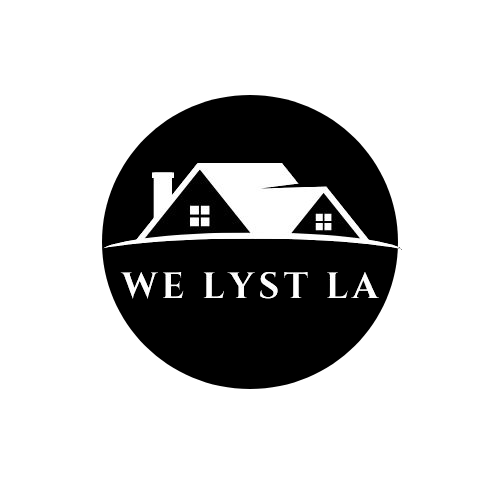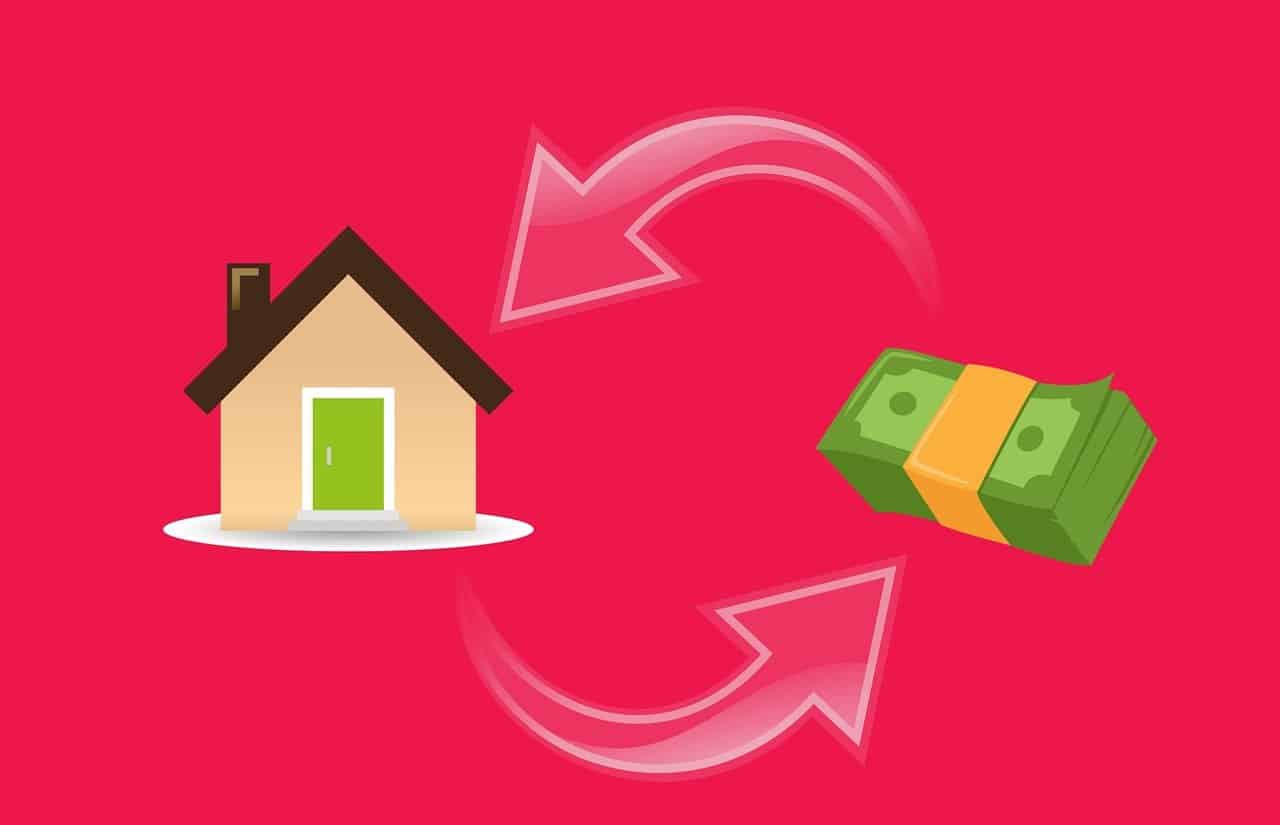Introduction
In today’s competitive housing market, buyers often find themselves navigating a maze of loan types, approval requirements, and seller expectations. One recurring theme in real estate transactions is that sellers prefer conventional loans over other financing options. But why is that the case?
Whether you’re a first-time buyer or a seasoned homeowner, understanding the reasoning behind a seller’s preference can make the difference between a winning offer and one that gets overlooked. In this article, we’ll break down what conventional loans are, why sellers gravitate toward them, and how buyers can position themselves for success—even when using alternative financing.
What Is a Conventional Loan?
A conventional loan is a mortgage that is not insured or guaranteed by the federal government. It is backed by private lenders, and borrowers typically need strong credit, verifiable income, and a down payment—usually at least 3% to 20%—to qualify.
There are two primary categories of conventional loans:
- Conforming Loans – Meet guidelines set by Fannie Mae and Freddie Mac (e.g., loan limits, credit score minimums).
- Non-Conforming Loans – Do not meet those guidelines, such as jumbo loans.
Conventional loans are the most common type of home financing, accounting for over 60% of mortgage activity in the U.S.
Why Sellers Prefer Conventional Loans
Here are the key reasons why sellers prefer conventional loans over FHA, VA, or USDA loans:
1. Faster Closing Timelines
Conventional loans tend to close faster than government-backed loans. With fewer regulatory hurdles and streamlined underwriting processes, sellers can often get to the closing table in 30 days or less, compared to 45+ days for FHA or VA loans.
2. Fewer Property Condition Requirements
Government-backed loans like FHA or VA require stricter property inspections. If a home has chipped paint, missing handrails, or roofing issues, it could delay or derail the loan approval.
In contrast, conventional loans generally require fewer mandatory repairs, making the sale process smoother. Sellers don’t want to risk a deal falling through because of minor property conditions.
3. Lower Risk of Deal Falling Apart
Sellers and their agents perceive conventional buyers as less risky. This perception stems from:
- Higher credit scores
- Stronger financial documentation
- Larger down payments
These factors suggest a lower likelihood of loan denial during underwriting.
4. More Negotiating Power
With conventional loans, buyers are seen as having more financial flexibility, which gives sellers confidence that buyers can handle appraisal gaps, repair costs, or even make higher earnest money deposits.
5. No Government Red Tape
FHA and VA loans involve government oversight and red tape. VA loans, for example, include a VA appraisal and can have additional lender documentation requirements. Sellers often want to avoid this complexity.
The Buyer’s Perspective: Is This Preference Fair?
From a buyer’s standpoint, this seller preference may feel frustrating—especially if you’re qualified for FHA or VA programs designed to help lower-income or first-time buyers.
But the preference isn’t necessarily about discrimination—it’s about reducing risk and hassle. Sellers want to choose the most reliable offer, especially in a seller’s market where multiple offers are common.
The good news? Buyers using FHA, VA, or USDA loans can still compete if they know how to strengthen their offer.
How to Compete If You’re Not Using a Conventional Loan
If you’re planning to use a government-backed loan, don’t worry—you still have options. Here are some strategies to help your offer stand out:
1. Get Fully Underwritten in Advance
Pre-approval is good. Full underwriting is better.
Having a loan that’s already underwritten shows sellers that your financing is nearly guaranteed, reducing their risk.
2. Increase Your Earnest Money Deposit
A larger earnest money deposit signals that you’re serious and financially stable. It gives the seller more security if the deal falls through.
3. Shorten Contingency Periods
Waiving or shortening inspection, loan, or appraisal contingencies (where appropriate and safe) can make your offer more attractive—even with an FHA or VA loan.
4. Offer Above Asking or Cover Appraisal Gaps
If you’re in a multiple-offer scenario, consider offering slightly above asking price or agreeing to cover any appraisal shortfall out of pocket. This offsets a seller’s concern about the stricter appraisal process of government loans.
5. Work With a Realtor Who Knows How to Present Your Offer
Your agent matters. A skilled agent will know how to position your financing positively and advocate for your offer with clear communication and confidence.
What Sellers Should Consider Before Rejecting Non-Conventional Loans
While many sellers prefer conventional loans, it’s worth noting that not all non-conventional buyers are high-risk. In fact:
- VA loans are backed by the government and often have highly qualified veterans as borrowers.
- FHA buyers may have solid incomes but less saved for a down payment.
- USDA loans serve rural homebuyers and also include strict income and property guidelines.
Rejecting a non-conventional loan without examining the borrower’s credentials may mean missing out on a great buyer—especially in slower markets where offers are limited.
Real Estate Agent Insights: Managing Seller Expectations
Real estate professionals should help sellers understand that a loan type isn’t the whole story. Agents should:
- Review buyer strength holistically (credit score, down payment, income).
- Explain the pros and cons of each offer—not just the loan type.
- Encourage sellers to remain flexible, especially if the property has been on the market for more than 30 days.
In some cases, a VA or FHA buyer may close faster and cleaner than a conventional buyer with limited funds.
The Bottom Line
Sellers prefer conventional loans because they’re associated with speed, fewer conditions, and stronger borrower profiles. However, this doesn’t mean other loan types should be dismissed.
If you’re a buyer using a government-backed loan, you can still win offers by showing financial strength, working with an experienced agent, and tailoring your offer to reduce perceived seller risk.
If you’re a seller, don’t overlook solid offers just because of the loan type. Look at the full picture—including the buyer’s reliability, flexibility, and motivation.
In a market that rewards preparation and professionalism, knowledge is power—and knowing why sellers prefer conventional loans can give both buyers and sellers a real advantage.
Key Takeaways
- Sellers prefer conventional loans due to faster closings, fewer repair demands, and stronger financial profiles.
- FHA, VA, and USDA loans may be seen as riskier, but good preparation can offset this.
- Buyers using non-conventional loans can still compete by reducing contingencies, offering more money, and working with a strong agent.
- Sellers should evaluate offers based on full buyer qualifications, not just loan type.


No responses yet